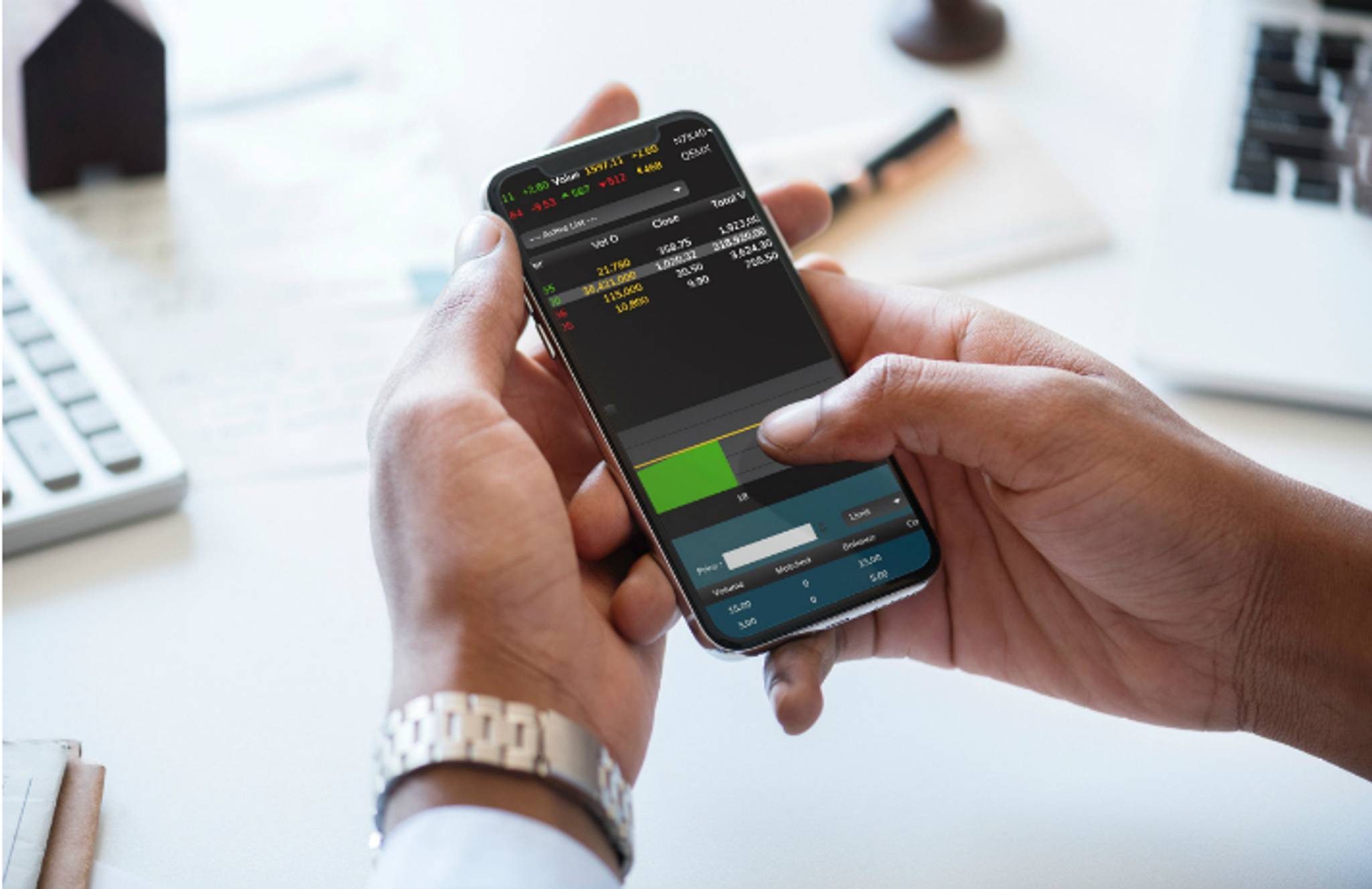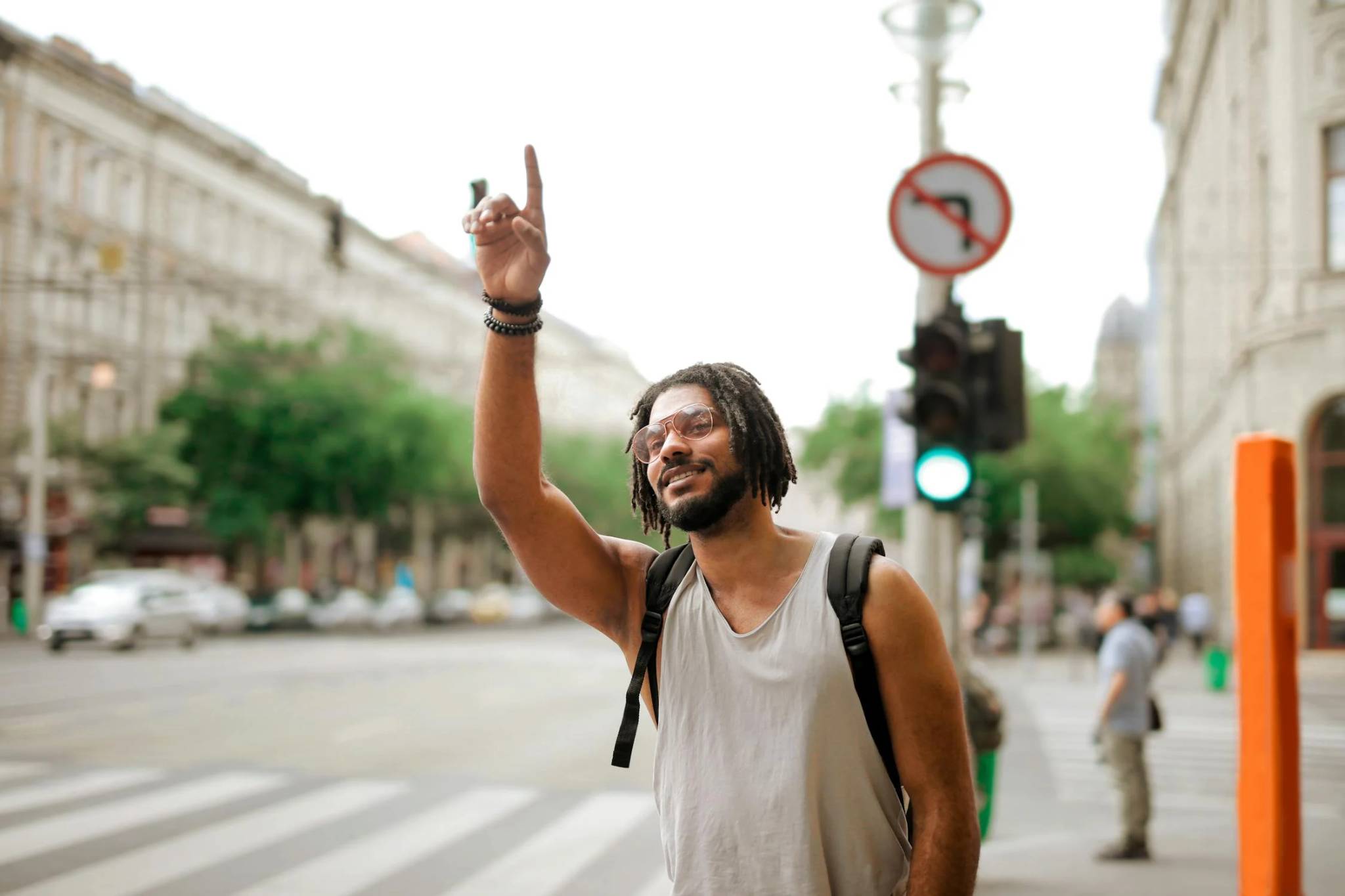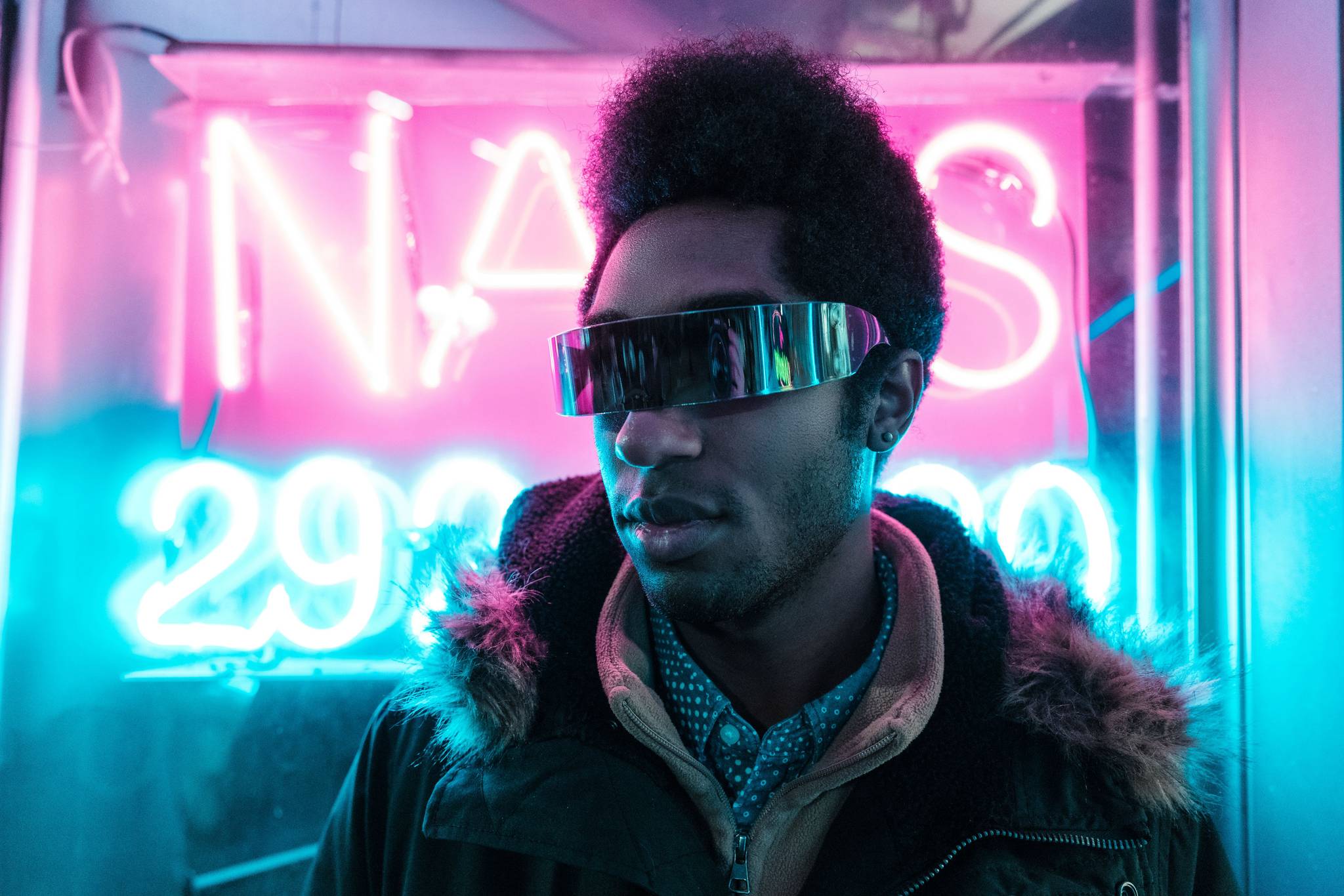Speed and convenience have become the consumer norm. Since the COVID-19 pandemic, when people worldwide were introduced to instant access to goods and services via apps and digital platforms, the supply and demand considerably grew and splintered. The 'I need it now' culture shows no signs of slowing down, yet the complexity around it is becoming more apparent.
Hyper-fast digital services appeal because they fulfil a ballooning desire for instant gratification – contemporary convenience hinges on easy-to-use interfaces that help consumers seamlessly meet their needs. However, the mechanics of consumerism are complex. People are becoming aware of global supply chains, especially in the wake of wars and escalating global conflict. As many brands are cracking down on immediacy (introducing higher delivery fees or offering it as a premium), people are turning to local and smaller-scale shopping for more mindful, slower, grounded spending.
The cost of living crisis makes people reconsider which of their needs are truly immediate, but it's not the only reason some crave a slowdown. The hyper-fast society enables our desires to be fulfilled instantly but might be too fast for our mental health. While convenience used to be a cool thing to have, now it has become essential to function in the current attention economy. People are tormented by a lack of patience and chronic dependency on stimulation from platforms like TikTok – yet the rewards of convenience easily outweigh the concerns.




